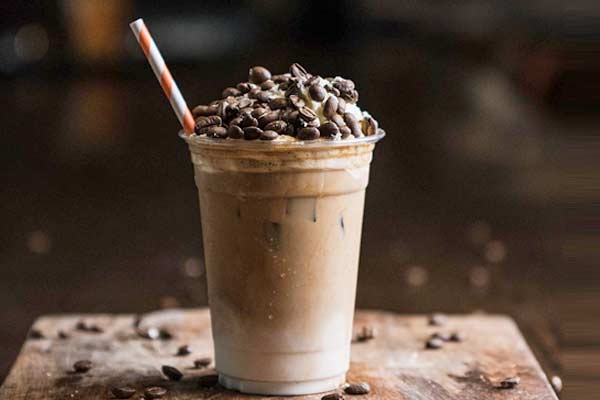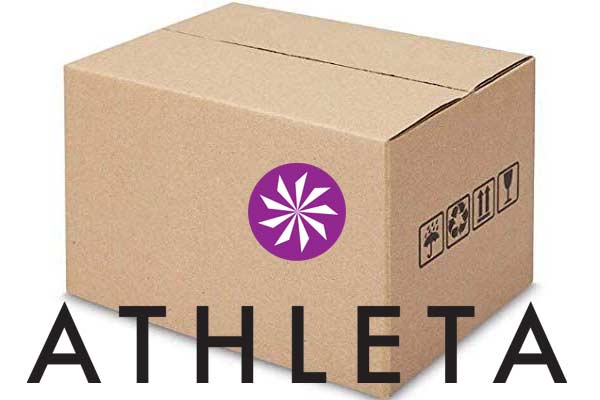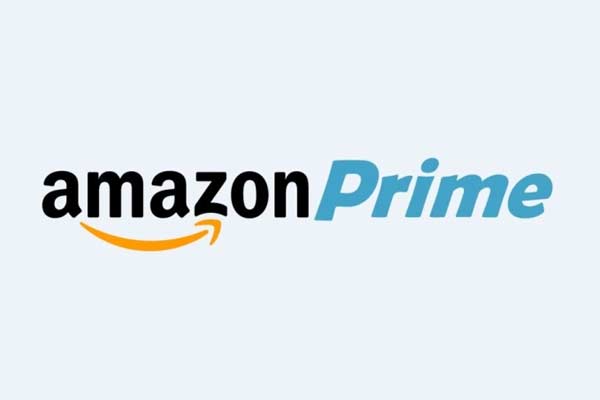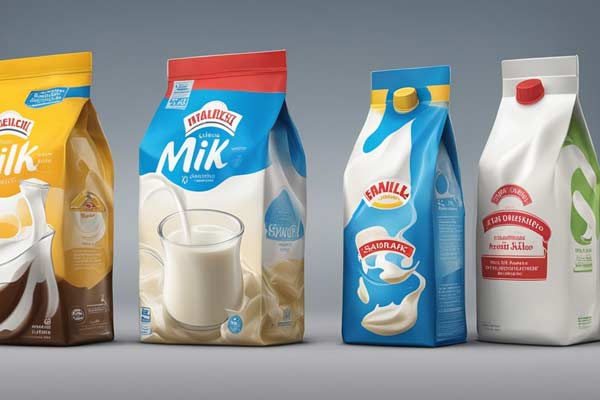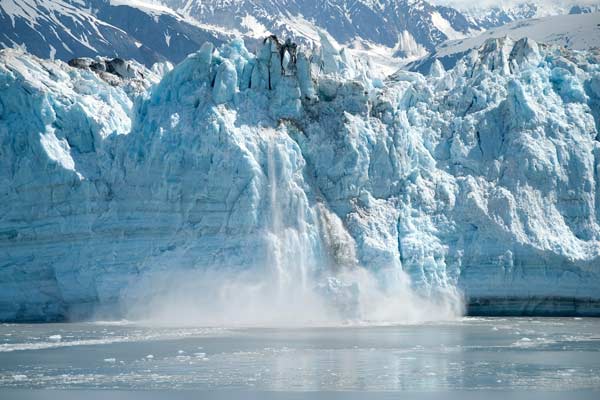TikTok Video Claims That Iced Coffee is Illegal in Canada – Is That True?
Over the past few years, TikTok has been a reliable source of viral content on the internet. From the latest dance moves to the newest can-you-top-this challenges — there’s always something new to capture the public’s imagination. But from time to time, TikTok is also the source of some shocking facts and previously-unknown information.
The latest example is a post claiming that iced coffee is illegal in Canada. The video claims that it happened as a result of a trade deal between Canada and the free-trade organization CLAC back in 2007.
Supposedly, CLAC demanded a payment of $30 million if Canada wished to use its coffee beans to make iced coffee. But then Prime Minister Stephen Harper scoffed at the fee — and instead signed a deal that effectively ended iced coffee sales in Canada.
The only question is — can that be true? Here’s the definitive answer about iced coffee sales in Canada, and a breakdown of what the TikTok creator claims in his video. Plus, we’ll even explain some of the subtle bits of the footage used in the video that make it so convincing.
Is Iced Coffee Illegal in Canada?
Before the caffeine-addicted masses get too jittery, let’s answer the question straight away. No, iced coffee isn’t illegal in Canada. Canadians are free to drink their coffee at any temperature they wish and to prepare it in any way they like. The Canadian government merely regulates the quality and content of imported beans to make certain they’re safe for consumption.
With that out of the way, let’s discuss why selling or drinking iced coffee in Canada couldn’t be illegal — even if the government wanted it to be.
A good place to start is with the difference between hot coffee and iced coffee. The former, as its name suggests, is enjoyed piping hot and straight from the brewing process. And iced coffee — is literally the same drink after it’s been poured over ice to bring its temperature down. There’s no real distinction between the two.
That said, you can’t very well criminalize the consumption of iced coffee without banning coffee sales altogether.
There’s be no way to police what people eventually used the coffee beans they purchased to make. And even if the Canadian government explicitly made iced coffee illegal, it’s unlikely such a law would survive even a cursory legal challenge.
Debunking the Claims in The TikTok Video
Although simple logic is enough to debunk the claims made in the TikTok video, let’s address what the creator presents, anyway.
The video opens with a quick shot of the exterior of a Starbucks location. And right away, you’ll note the absence of a shot of the location’s menu.
It turns out there’s a reason for that. A quick check on the Starbucks Canada web page reveals that they do, in fact, sell iced coffee.
It’s an inconvenient truth that would have put the lie to the creator’s video — had he instead panned across the location’s interior.
And then, as the creator claims that “one weird fact about Canada is that iced coffee is actually illegal”, we’re treated to a flash of an article that appears to have a headline reading “Why Only Hot Coffee Can Be Served In Canada”. What’s more — the article appears to be from the official site of Canada’s CBC Radio.
But if you take a look at the date and time of the post in the video — you’ll find that no such article exists.
Instead, you’ll find an article entitled “10 facts about coffee, the world’s most popular drink”. It features the same main image as the one in the video and is quite clearly the source of the fake the creator’s using.
That’s not all. The video continues to detail the trade deal that supposedly made iced coffee illegal in Canada in the first place.
It quotes very real statistics about coffee imports into Canada, followed by showing off the “who we are” page of the Latin American and Caribbean Network of Fair Trade Small Producers and Workers (CLAC) trade group.
From there, however, the creator dips back into his bag of tricks for another doctored article.
This time, it’s a CNN article that appears to have a headline reading “Canada Unwilling to Pay $30 million CAD For Iced Coffee”. Again, however, the creator left a few breadcrumbs to follow.
This time, the original article from CNN is entitled “Black coffee can be good for your heart, studies show”.
Although the creator took the time to alter the original’s posting date to make it appear to come from Tuesday, February 9th, 2007 — he didn’t bother to obscure the article’s opening paragraphs, which are a dead giveaway.
And in any case, for the record — February 9th, 2007 was a Friday.
The Bottom Line
The key takeaway here is that the fine citizens of Canada can drink all the iced coffee they want, and they won’t have to break the law to do it. The viral TikTok video at the center of all of the confusion was just another bit of clickbait designed to dupe unsuspecting viewers.
As viral content, though, it’s fairly effective. After all, coffee is one of the most popular drinks on the planet, and telling people that Canadians are iced coffee-deprived is a great way to get some attention. But it’s a claim that should have made viewers a bit suspicious — if not outright incredulous.
And more than anything, it’s another reminder to internet media consumers that they shouldn’t believe everything they see and hear online. There’s an avalanche of incorrect information out there.
Some of it’s due to simple oversights. But some of the so-called facts we all encounter online are deliberate fabrications. And not all of them are this easy to spot.
So, the next time you hear something online that sounds too strange to be true, beware — someone might be having a laugh at your expense.

